As expected, this morning, June 27, National Assembly deputies will participate in voting to pass the draft Law on Road Traffic Safety and Order (TTATGT).
Previously, the National Assembly Standing Committee had a report explaining, accepting and revising and sent it to the delegates. The content that received much attention was whether alcohol concentration should be absolutely banned when driving?
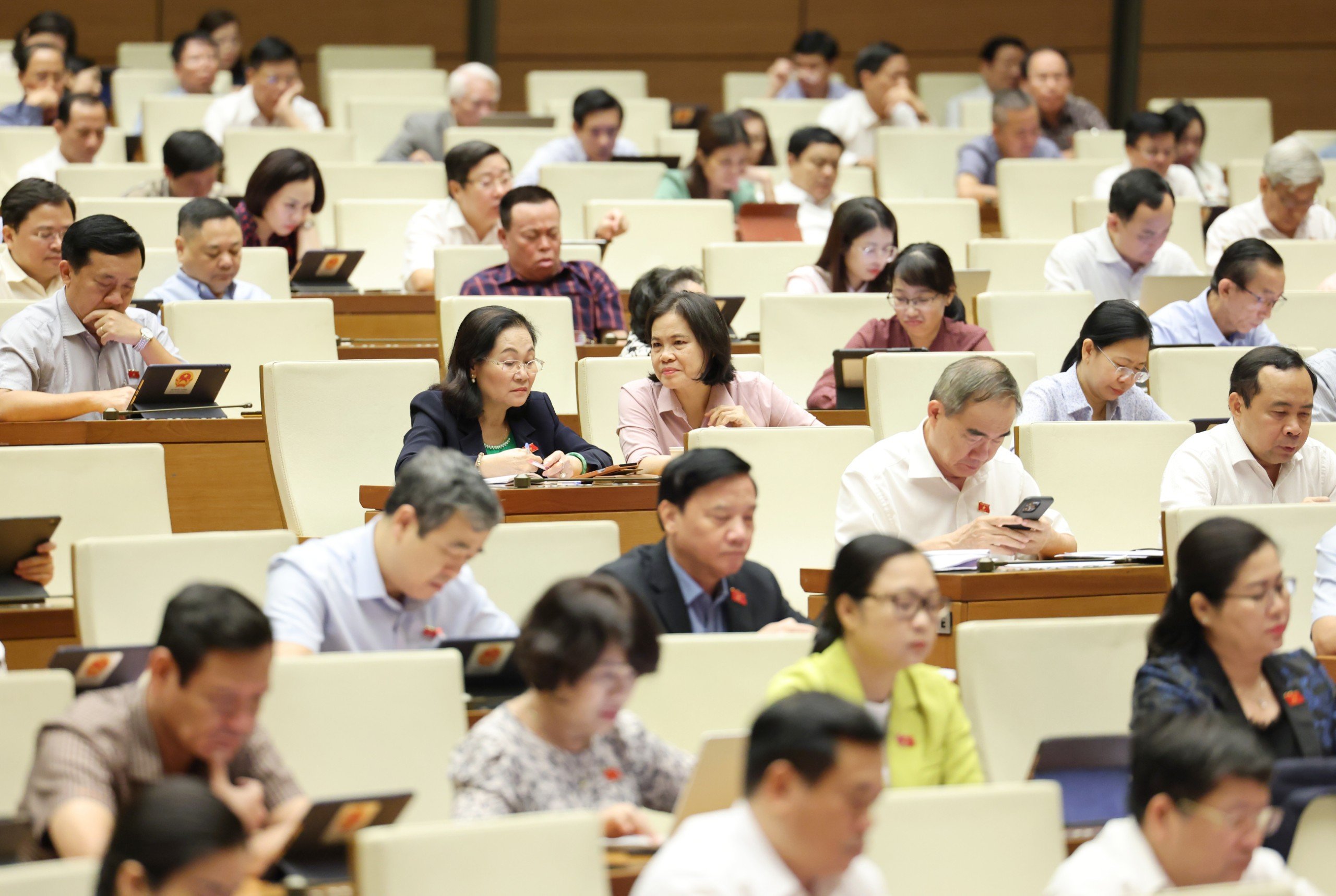
Delegates at the 7th session of the 15th National Assembly
Strongly recommend absolute ban on alcohol concentration
The National Assembly Standing Committee said that "prohibiting driving a vehicle while having alcohol in the blood or breath" is not new content, inherited from the 2008 Road Traffic Law and consistent with the 2019 Law on Prevention and Control of Alcohol Harm.
This regulation contributes to preventing violations, reducing accidents, risks and potential damage caused by the use of alcohol and beer; ensuring better traffic safety and order than allowing alcohol concentrations at a certain threshold.
At the ongoing 7th session, 31/50 delegations and 9 delegates speaking and discussing in the hall agreed with the regulation on absolute prohibition of alcohol concentration; 19/50 delegations and 7 delegates speaking and discussing in the hall proposed a regulation with a threshold; 3 delegates proposed to propose 2 options for comments.
Due to many different opinions, on June 21, the National Assembly Standing Committee directed the National Assembly Secretary General to ask for delegates' opinions by ballot (via app). A total of 388 delegates participated.
The results showed that 293 delegates (accounting for 75.52% of delegates giving opinions and 60.16% of the total number of National Assembly delegates) agreed with the regulation of absolute prohibition of alcohol concentration. 95 delegates (accounting for 24.48% of delegates giving opinions and 19.51% of the total number of National Assembly delegates) proposed that there should be a minimum limit for alcohol concentration.
Based on the opinions of the majority of delegates, the National Assembly Standing Committee earnestly requests the National Assembly to continue implementing the regulation on absolute prohibition of alcohol concentration in order to best protect the lives, health and property of the people, protect social resources and protect the longevity of the race.
When forming a culture of "don't drive after drinking alcohol", the competent authority will conduct a review and propose regulations or amendments and supplements to suit the practical situation.

The majority of National Assembly deputies support an absolute ban on alcohol concentration.
No cases of wrongful convictions regarding alcohol concentration have been detected.
During the law-making process, there were suggestions to clarify the detection threshold of alcohol testing machines when participating in traffic to distinguish between cases where people do not drink alcohol but still have alcohol in their blood.
At the same time, the Ministry of Health is assigned to issue technical procedures for quantifying ethanol in the blood of people who do not consume alcohol or beer but have alcohol concentration; clarify cases where there is alcohol concentration in the blood or breath due to illness leading to increased metabolism of endogenous alcohol concentration.
Regarding this content, the National Assembly Standing Committee said it has directed research and supplemented regulations into the draft law in the direction of assigning the Ministry of Health to regulate the determination of alcohol concentration and endogenous alcohol concentration in the blood as a basis for determining cases where drivers participating in traffic have alcohol concentration in their blood due to the use of wine, beer or other alcoholic beverages.
According to medical experts, endogenous alcohol is alcohol that is naturally produced in the body without any other external influence, with a very low concentration that cannot be detected by conventional alcohol testing devices today. Practice from the inspection activities of the Traffic Police force in recent times has also shown that no cases of wrongful or incorrect alcohol concentration have been discovered.
There are suggestions that low alcohol concentration levels should only be subject to administrative penalties to be consistent with reality and ensure feasibility.
Explaining this issue, the National Assembly Standing Committee found that current regulations only impose administrative penalties for violations of alcohol concentration, and violators are not prosecuted criminally, even if their alcohol concentration is high.
However, the National Assembly Standing Committee proposed that the Government take note of the delegates' opinions to promptly amend and supplement relevant decrees, thereby stipulating appropriate penalty levels according to the nature and severity of the violation.
Source: https://thanhnien.vn/hon-60-dai-bieu-quoc-hoi-ung-ho-cam-tuyet-doi-nong-do-con-khi-lai-xe-185240627002802959.htm


![[Photo] General Secretary To Lam receives Japanese Ambassador to Vietnam Ito Naoki](https://vstatic.vietnam.vn/vietnam/resource/IMAGE/2025/4/3/3a5d233bc09d4928ac9bfed97674be98)


![[Photo] Special relics at the Vietnam Military History Museum associated with the heroic April 30th](https://vstatic.vietnam.vn/vietnam/resource/IMAGE/2025/4/3/a49d65b17b804e398de42bc2caba8368)
![[Photo] Moment of love: Myanmar people are moved to thank Vietnamese soldiers](https://vstatic.vietnam.vn/vietnam/resource/IMAGE/2025/4/3/9b2e07196eb14aa5aacb1bc9e067ae6f)

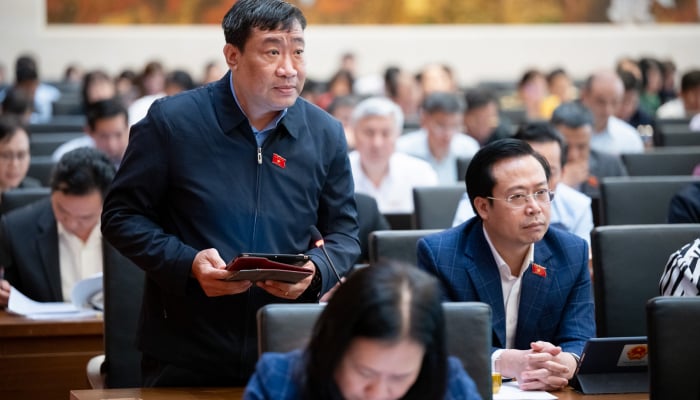



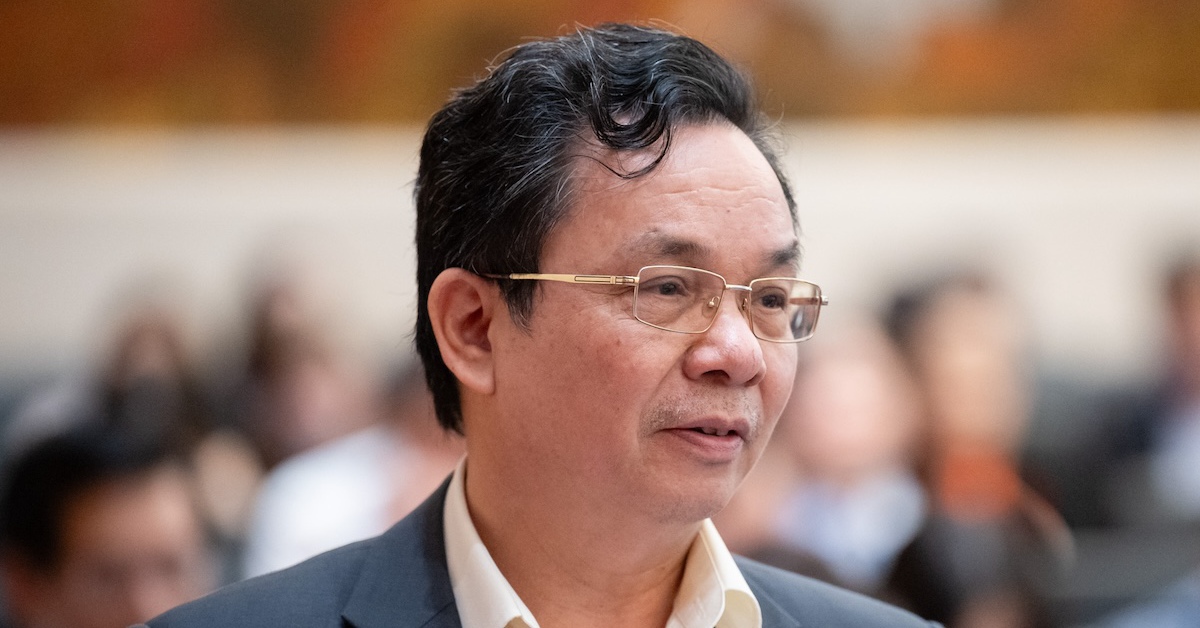

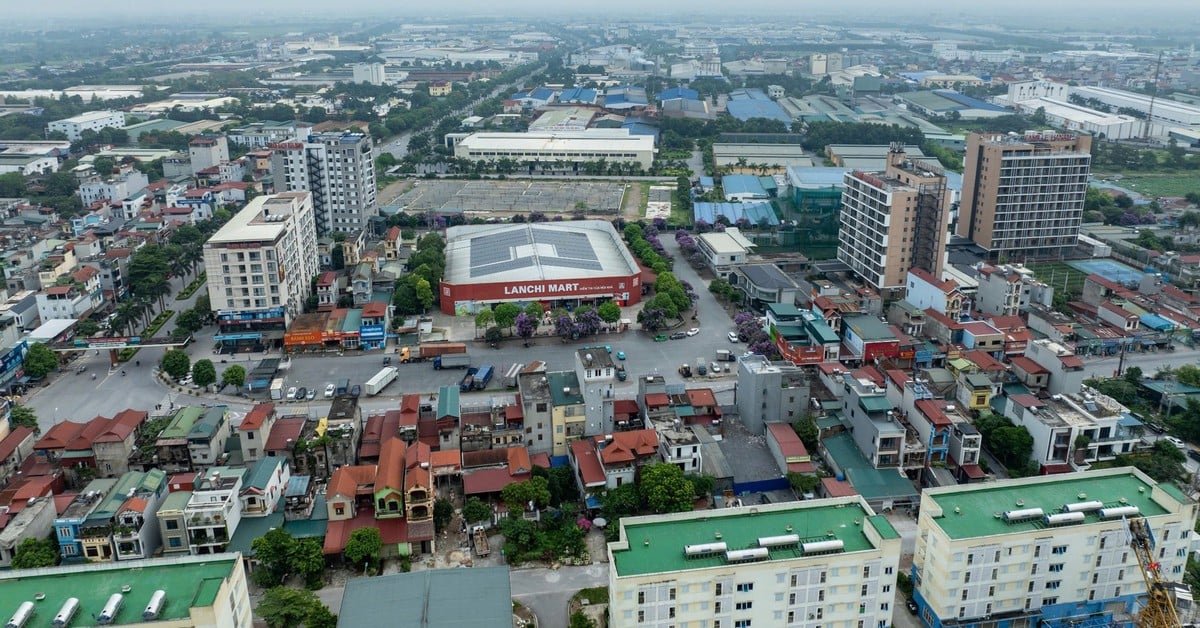
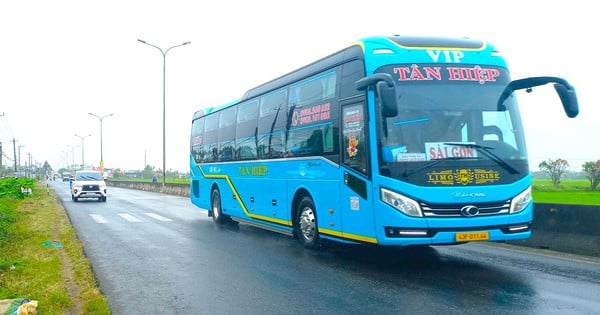






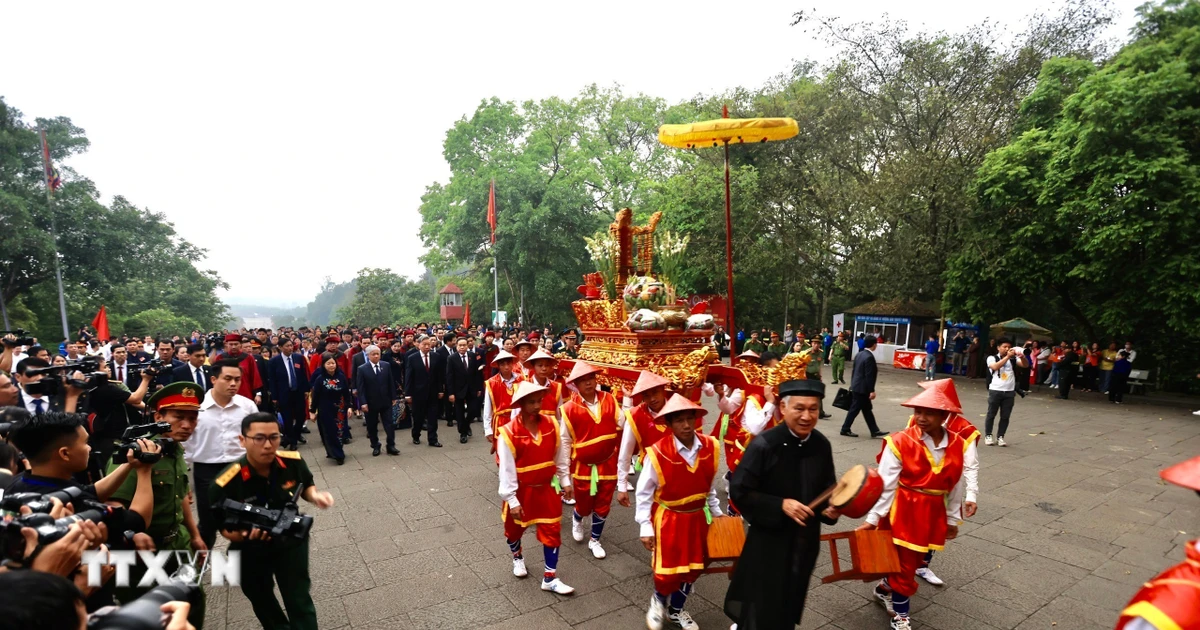
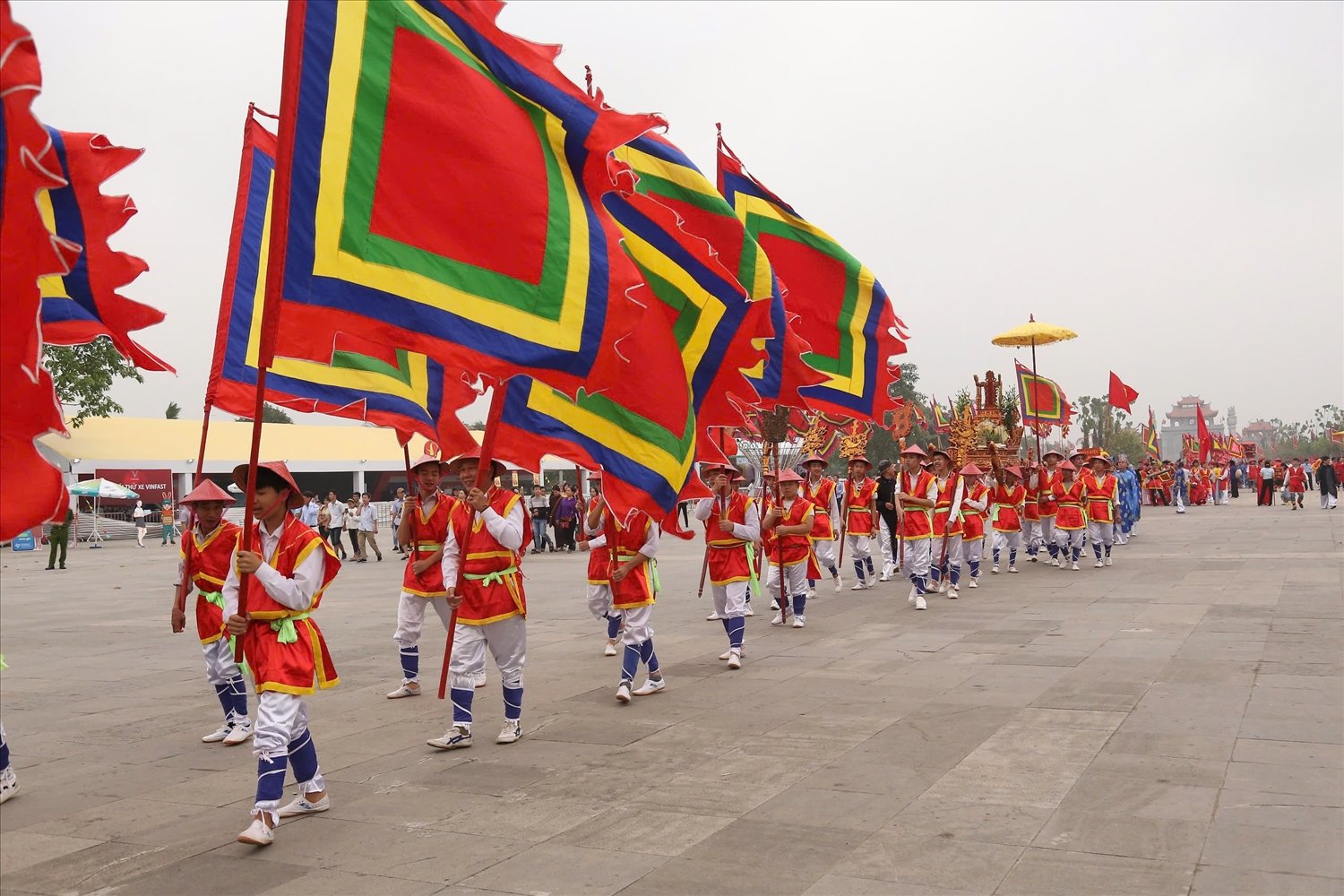







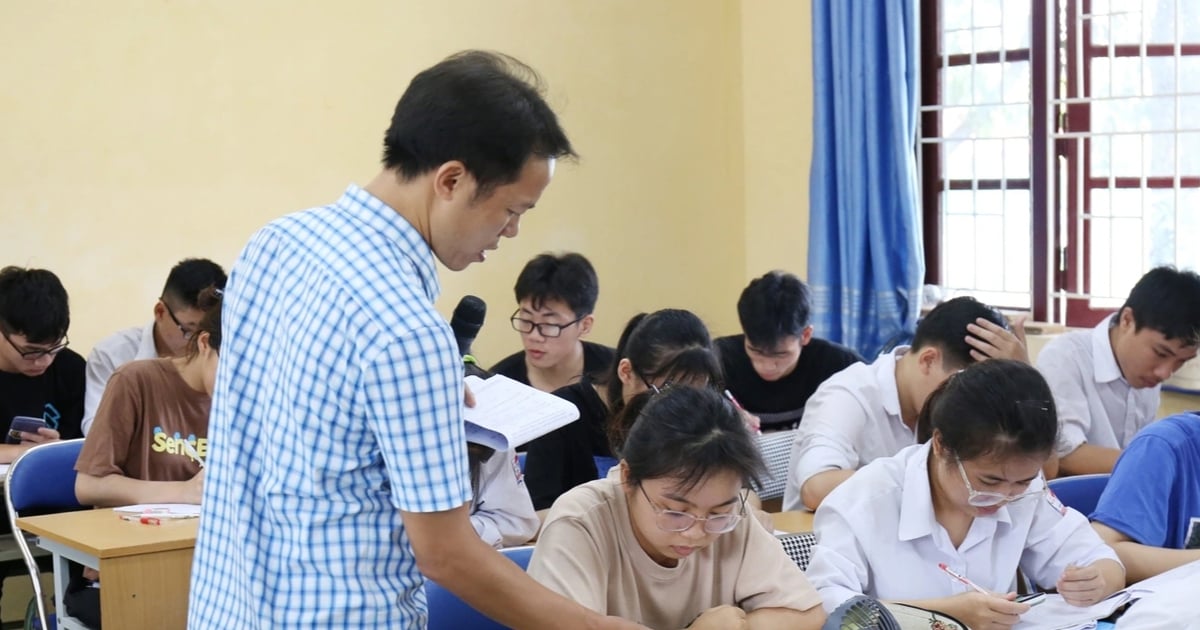

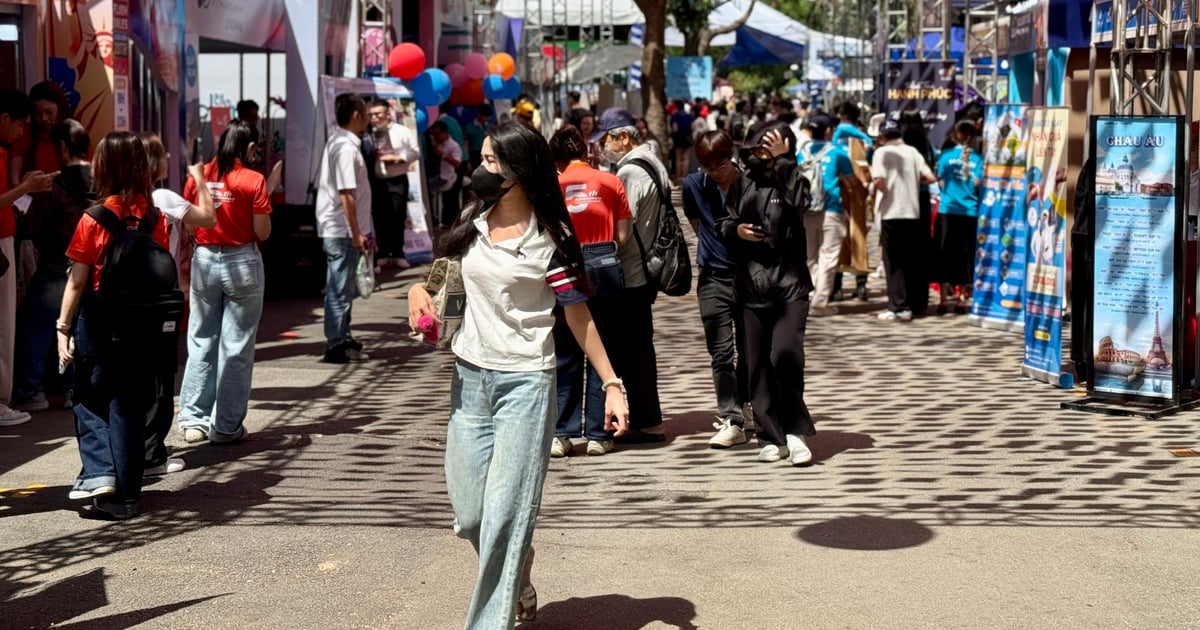
















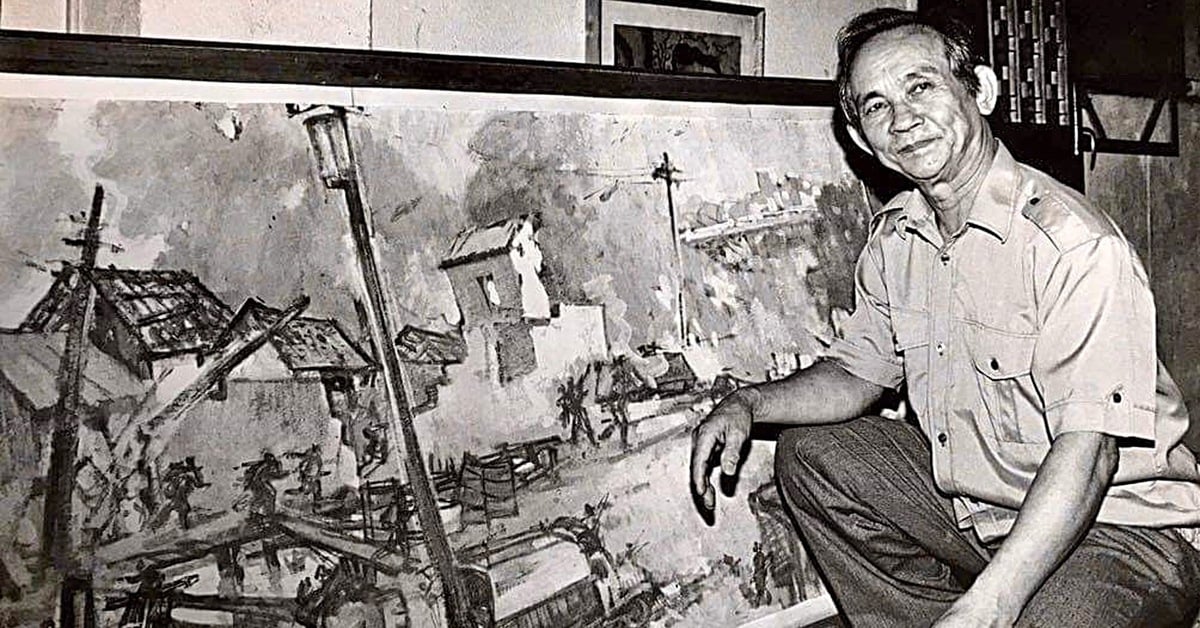










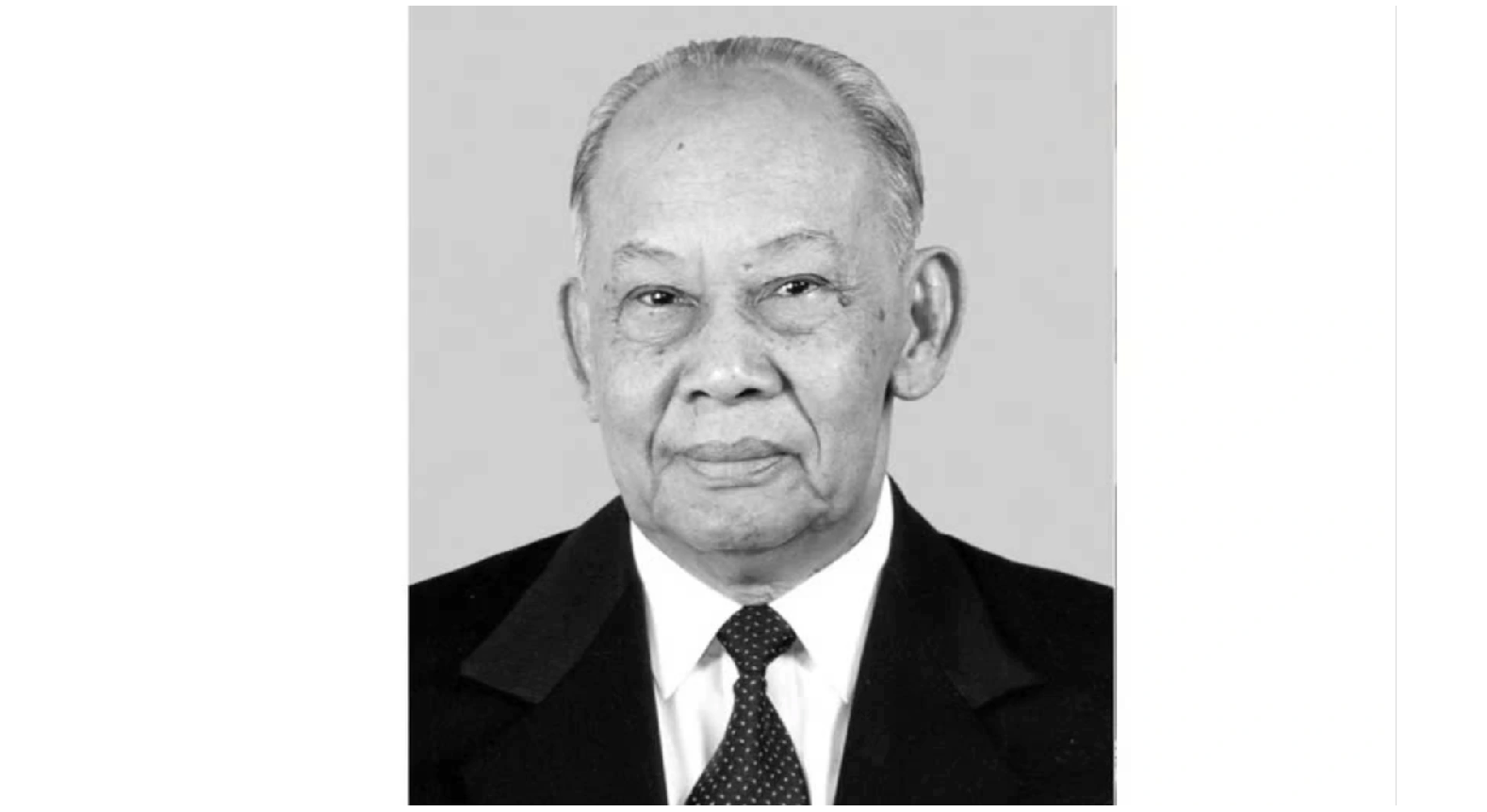

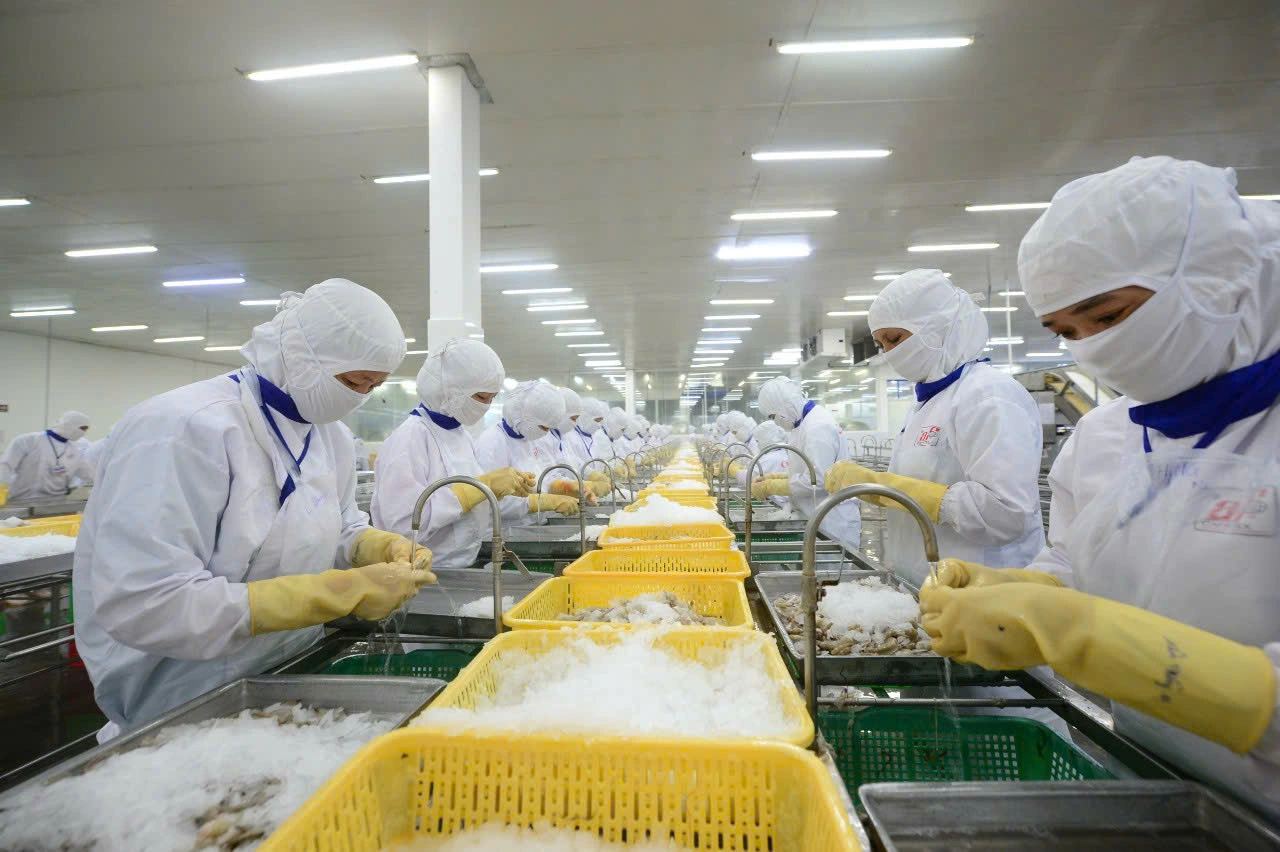


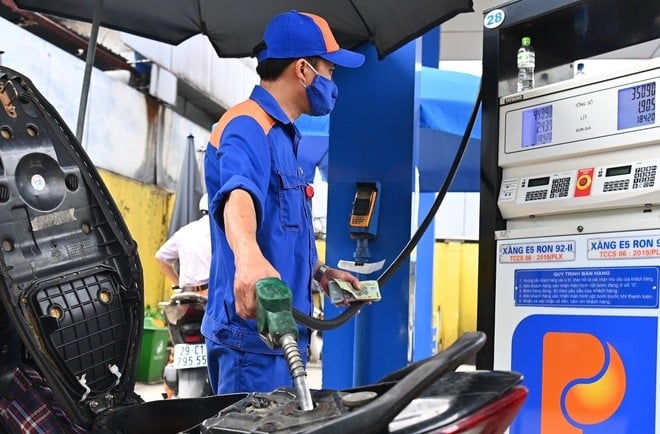

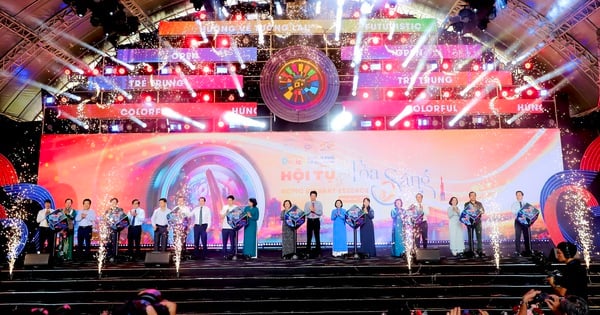

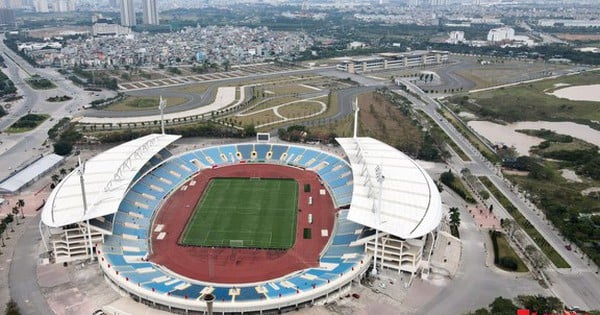
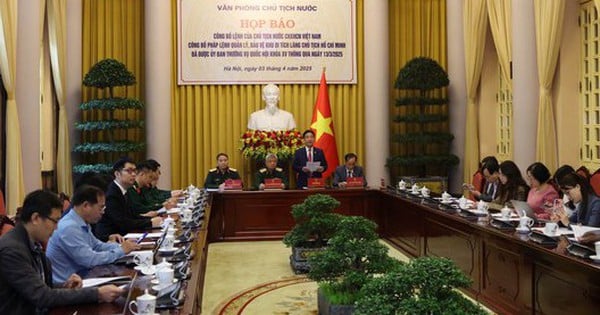



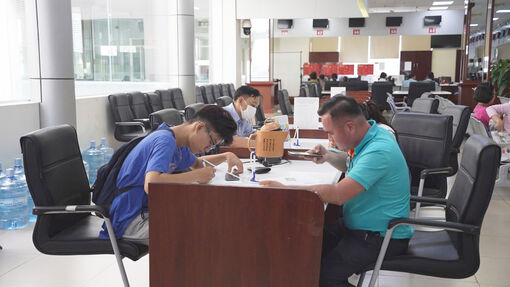



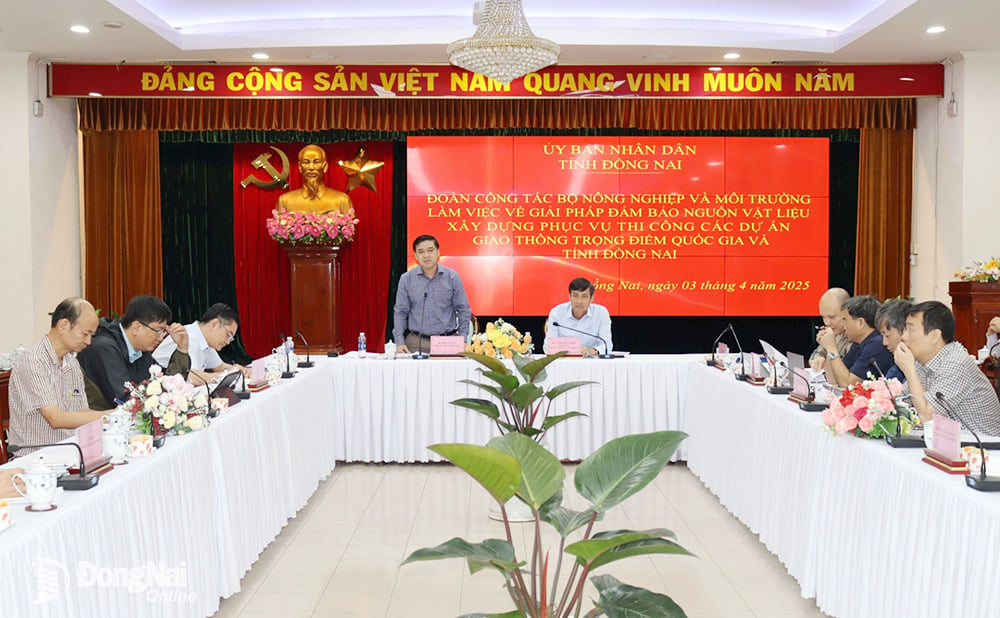















Comment (0)